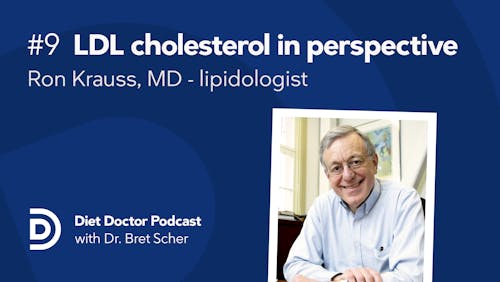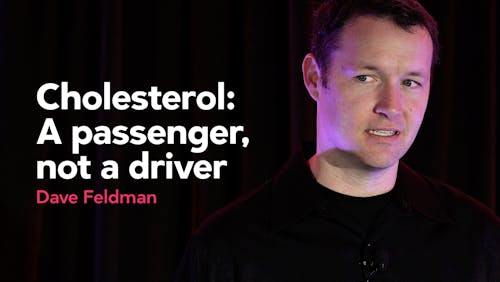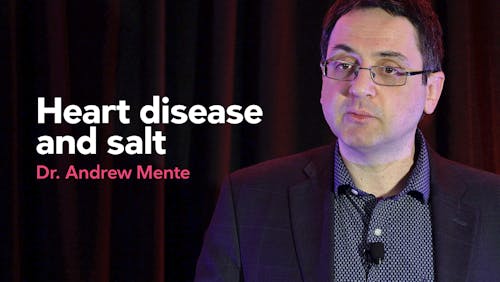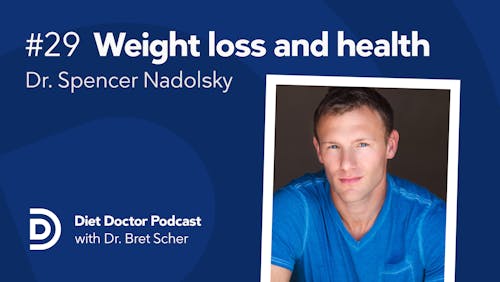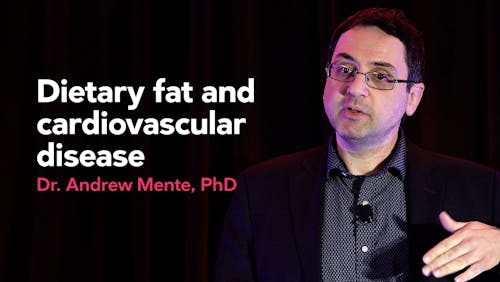Salt restriction lacks solid evidence
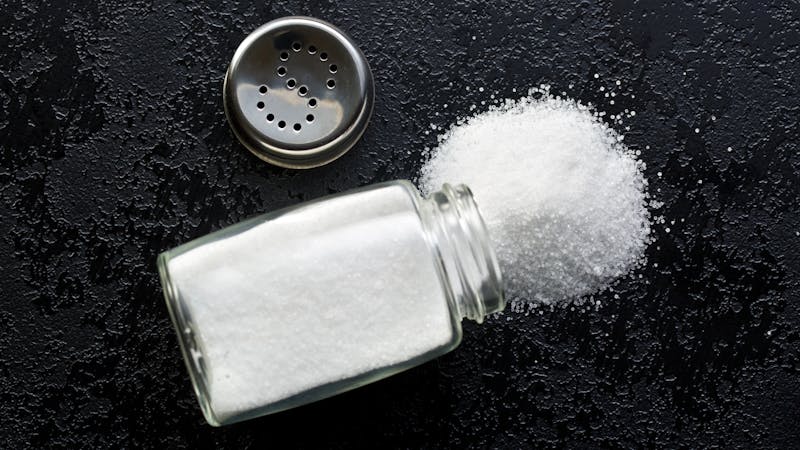
“Don’t worry, Doc. I eat really well. I completely avoid salt so I’m good.” I hear this multiple times per day. It is ingrained in our mindset that we need to avoid salt to be healthy. This must be steeper in solid, unquestionable scientific evidence, right?
Not quite.
The New York Times: Scant evidence behind the advice about salt
The American Heart Association recommends the general population eat less than 2.3 grams of sodium per day, with higher risk and heart failure patients eating less than 1.5 grams per day. That is less than a teaspoon of salt for the entire day. This recommendation is based on studies such as the DASH trial that showed a small blood pressure reduction in certain subsets of people with a low sodium diet. There was no outcome data to demonstrate fewer heart attacks or deaths, but the assumption was that it would lead to those unproven benefits. In addition, the studies don’t differentiate between sodium in a bag of potato chips versus Celtic sea salt added to steamed veggies with olive oil.
Interestingly, those same studies also showed high potassium diets reduce blood pressure and negate any benefit from sodium reductions. Yet that has not been promoted as much as low sodium.
In order to better understand the quality of evidence behind salt restriction, a recent study in JAMA Internal Medicine investigated all the randomized controlled trials investigating sodium restriction in heart failure patients. Their findings were surprising.
Only nine studies were of high enough quality to meet inclusion criteria, and the studies showed conflicting results. Salt restriction is one of the most commonly accepted “truths” in cardiology, and yet there are only nine conflicting studies to support it. That truly is surprising.
While this does not prove salt is unimportant in heart failure or hypertension, it does emphasize the importance of understanding the strength of evidence behind recommendations.
The counter argument is that the strength of evidence does not matter as there is no harm from salt restriction, and all cardiologists have anecdotal evidence of someone who had a high salt meal and ended up in the hospital with a heart failure exacerbation. While anecdotal experience is important, it does confuse our recommendations for general populations. That is where we need more extensive research.
More importantly, it turns out there may be a risk to recommending a low-salt diet. The PURE study, a large observational trial in almost 100,000 subjects, showed the highest mortality rates both in diets above 6 grams of sodium per day and below 3 grams per day. This was an observational study so it does not prove it was the sodium ingestion driving the mortality rates, but it should be enough to question recommending less than 1.5 grams per day without strong evidence to do so.
Other potential harms are that restricting sodium may divert attention from more effective interventions such as increasing natural potassium containing foods (i.e. real food vegetables) and avoiding processed foods and simple carbohydrates. Last, it is really hard to restrict sodium to less than 1.5 grams per day. Many if not most people cannot maintain it. It might set people up for failure, which may be demoralizing and cause people to give up.
As there is a real world cost to restricting sodium, we should be confident that the science backs the recommendation. Unfortunately, questions seem to remain. Instead of necessarily restricting salt equally for all individuals, we may want to focus on promoting eating patterns that we can maintain for the long term. Focus on real foods first, and then address the specific salt and macro components for each individual.
Thanks for reading,
Bret Scher, MD FACC
Earlier
Cardiologist in Houston Chronicle: ‘Want a healthier heart? Eat a steak’


